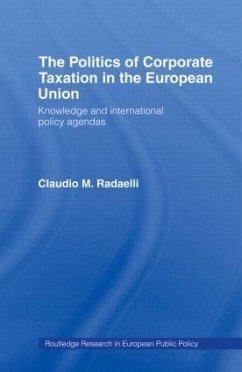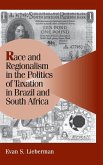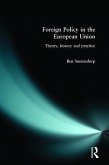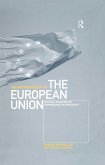This study explores the formation of the European Union's tax policy and asks why member states did not raise objections to it. Claudio M. Radaelli's analysis is enriched by two further levels of inquiry. He examines the "Europeanization" of domestic tax policy in Italy and the UK, asking how domestic policy has changed and what is meant by 'Europeanization'. Second, he puts the European Union tax policy in the wider context of tax globalization. In addressing these issues the study finds that knowledge is one of the most important resources in the European corporate tax process. It highlights the political problems raised by the search for rules, principles and appropriate levels of tax co-ordination and concludes that the European Union should reconsider its tax policy with new arguments and new strategic perspectives.
Hinweis: Dieser Artikel kann nur an eine deutsche Lieferadresse ausgeliefert werden.
Hinweis: Dieser Artikel kann nur an eine deutsche Lieferadresse ausgeliefert werden.








